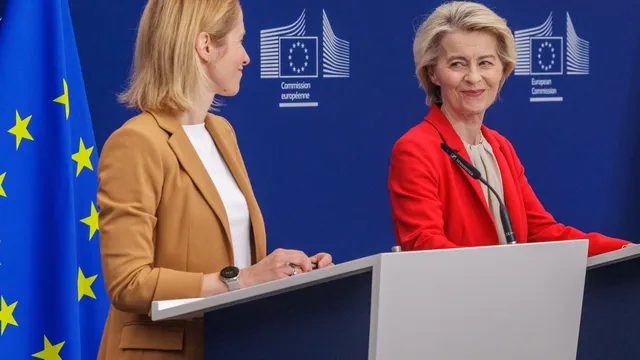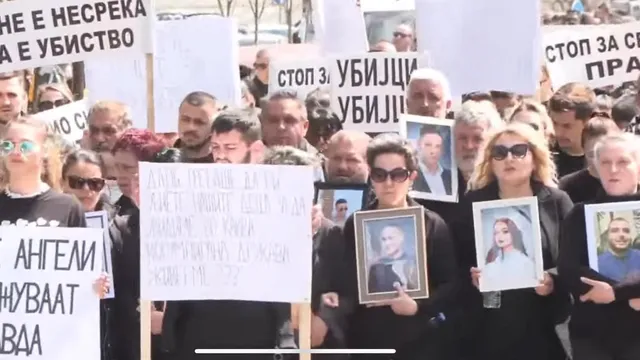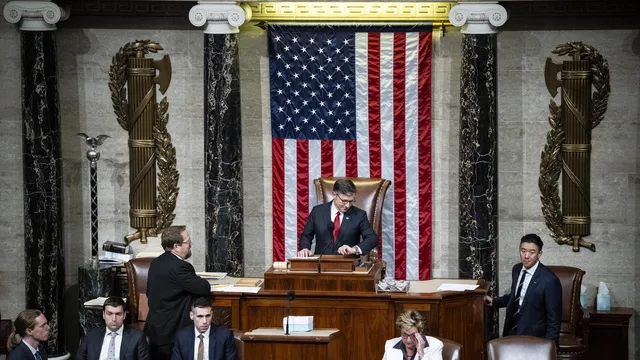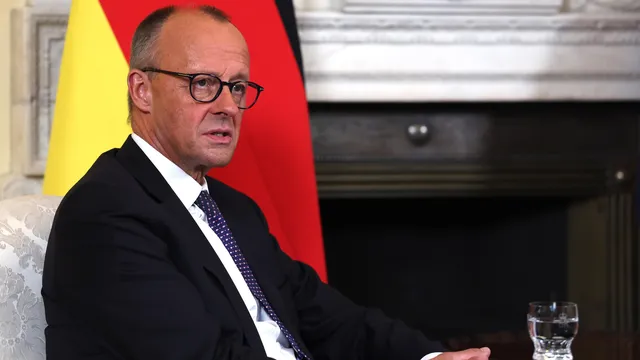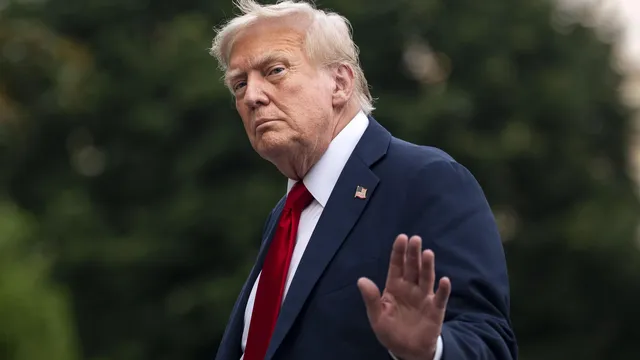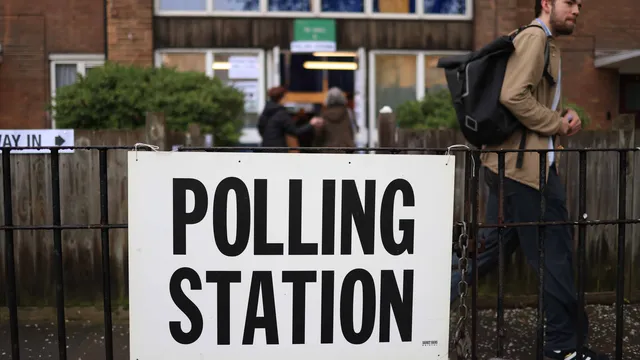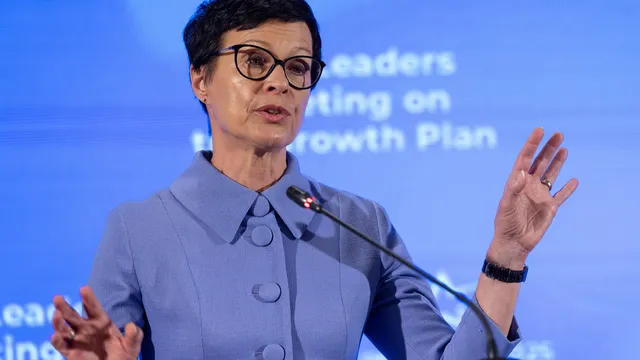The EU has adopted a new package of sweeping sanctions against Russia over the war in Ukraine, aimed at increasing pressure on the Kremlin by lowering the price cap on Russian oil exports.
This is the 18th round of economic measures against Russia since the invasion began in 2022 and comes at a time when allies hope that US President Donald Trump will follow through on his threat to punish Moscow for blocking peace efforts.
"The EU has just approved one of its toughest packages of sanctions against Russia to date," EU foreign policy chief Kaja Kallas said, quoted by AFP.
"The message is clear: Europe will not back down from its support for Ukraine. The EU will continue to step up the pressure until Russia ends the war," she added.
Ukrainian President Volodymyr Zelensky welcomed the adoption of the sanctions as "necessary and timely."
The new measures were approved after Slovakia withdrew its weeks-long blockade following negotiations with Brussels on separate plans to gradually phase out Russian gas imports.
Slovakian leader Robert Fico, who is close to the Kremlin and whose country remains dependent on Russian energy, withdrew his opposition after receiving what he called "guarantees" from Brussels on future gas prices.
French Foreign Minister Jean-Noel Barrot called the latest measures "unprecedented" and added that "together with the United States, we will force (Russian President) Vladimir Putin to conclude a truce."
As part of the new sanctions designed to undermine Russia's military budget, diplomats said the EU had agreed to lower the price cap on Russian oil exported to third countries worldwide by 15% below market value.
This comes despite EU allies failing to convince US President Donald Trump to join the plan.
The cap is a G7 initiative aimed at limiting the amount Russia earns from oil exports to countries around the world, including China and India.
Set at $60 by the G7 in 2022, it is designed to limit the price at which Moscow can sell oil worldwide by prohibiting shipping companies and insurance companies that work with Russia from exporting above that amount.
The EU has already largely stopped importing Russian oil.
Under the new EU scheme, which is expected to receive support from G7 allies such as the UK and Canada, the new level will start at $47.6 and could be adjusted depending on future oil price changes.
EU officials acknowledge that the scheme will not be as effective without US participation.
In addition, officials said the EU is blacklisting more than 100 ships from the "shady fleet" of aging tankers used by Russia to circumvent oil export restrictions.
Measures are also planned to stop the resumption of operations of the non-functioning Nord Stream 1 and Nord Stream 2 gas pipelines in the Baltic Sea.
Other targets include sanctions against a Russian oil refinery in India and two Chinese banks, as the EU seeks to limit Moscow's ties with international partners.
The ban on transactions with Russian banks is also being extended, as are restrictions on the export of dual-use goods that could be used on the battlefield in Ukraine.
The latest round of EU measures comes after Trump threatened on Monday to impose massive "secondary tariffs" on buyers of Russian energy if Russia does not stop fighting within 50 days.
Trump's move represents a dramatic reversal of his previous efforts to engage with the Kremlin, saying his patience with Putin is wearing thin.
The numerous international sanctions imposed on Moscow in the three and a half years since the invasion began have so far failed to cripple the Russian economy or slow down military operations.
Western officials, however, say that although the Russian economy has so far withstood the sanctions, key economic indicators such as interest rates and inflation are deteriorating. | BGNES

 Breaking news
Breaking news
 Europe
Europe
 Bulgaria
Bulgaria
